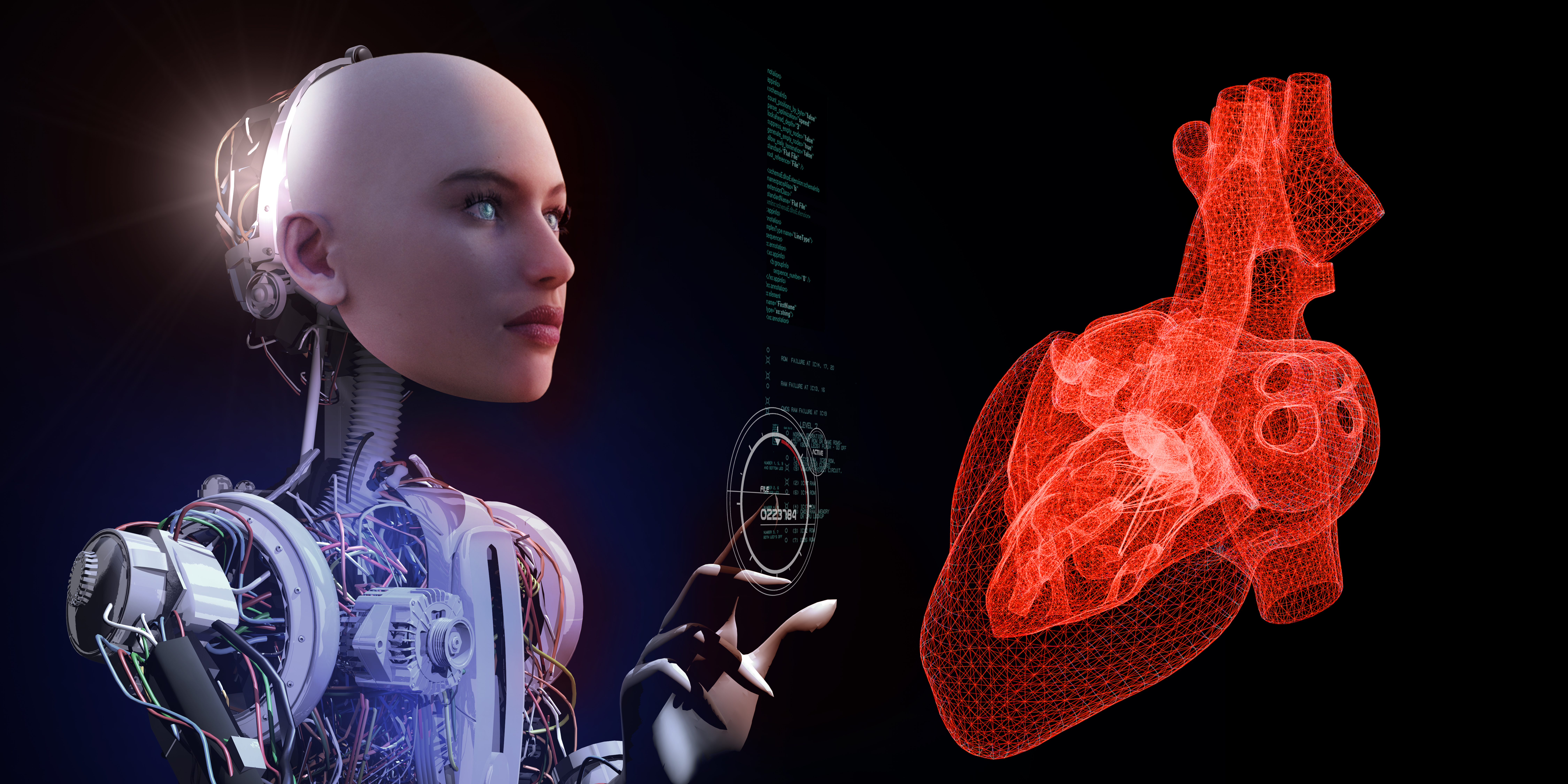
“(T)aking images and having far superior accuracy and speed.”
That’s currently the top benefit of AI in healthcare according to Eric Topol, the American cardiologist and geneticist, as well as founder and director of the Scripps Research Translational Institute in California.
Topol was recently interviewed by the UK’s The Guardian about AI in the wake of the recently publication of his latest book, Deep Medicine, which happens to be about the promise of AI in healthcare.
In the same reply, Topol was quick to note that AI in imaging wouldn’t “supplant a doctor, but rather that it would be a first pass, an initial screen with oversight by a doctor. So whether it is a medical scan or a pathology slide or a skin lesion or a colon polyp – that is the short-term story.”
As for other applications of AI, Topol observes that the UK is ahead of other places. For example, “if you think you might have a urinary tract infection, you can go to the pharmacy, get an AI kit that accurately diagnoses your UTI and get an antibiotic – and you never have to see a doctor. You can get an Apple Watch that will detect your heart rate, and when something is off the track it will send you an alert to take your cardiogram."
Interestingly, Topol argues that increased access to data will make people less apt to join the so-called “worried well.” That phenomenon is worse right now, he says, “because people do a Google search, then think they have a disease and are going to die. At least this is your data so it has a better chance of being meaningful.”
The biggest advantage Topol sees in AI is a revival of the patient-doctor relationship, which many stakeholders believe has been damaged by tech developments such as EHRs,. because many of the more minor but time-consuming diagnoses can be offloaded to AI.
“You could get select parts (of an exam) done – for example, there have been recent AI studies of children with a cough, and just by the AI interpretation of that sound, you could accurately diagnose the type of lung problem that it is. Smartphones can be used as imaging devices with ultrasound, so someday there could be an inexpensive ultrasound probe. A person could image a part of their body, send that image to be AI-interpreted, and then discuss it with a doctor.”


